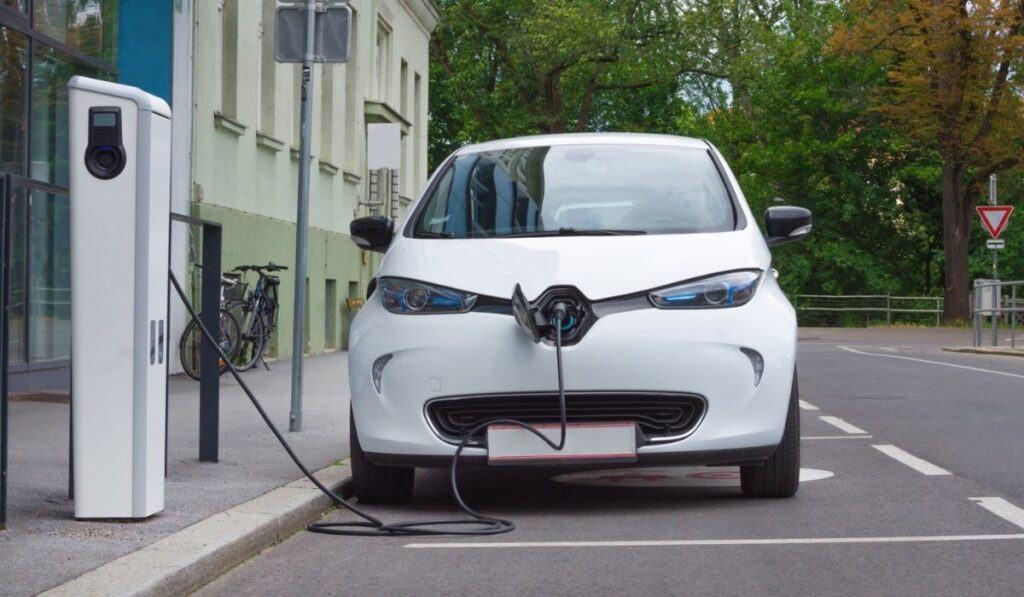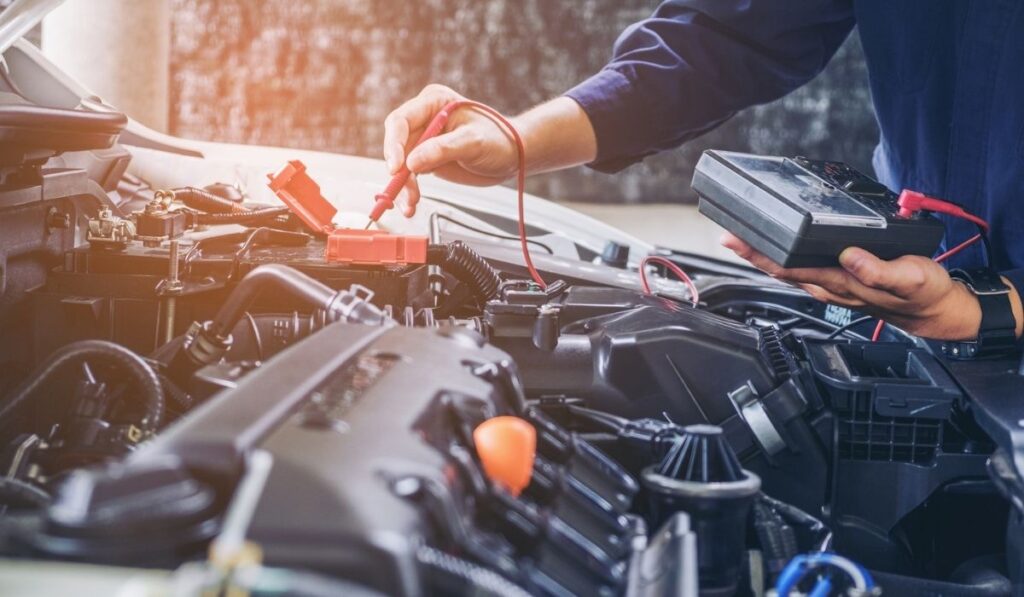Electric cars are increasing on the road every day, and automakers are rushing to get even more of them to the market as fast as possible. They run on electric motors, which are powered by high-capacity batteries. Being relatively new in the market, you may be apprehensive about how safe these vehicles are. We all want to know how likely are electric cars to catch fire.
Yes, electric cars can catch fire since Lithium-ion batteries power them with flammable electrolytes inside. Once on fire, it is hard to control it. However, it is doubtful an electric car will catch fire compared to vehicles with internal combustion engines.
Even though technically advanced, electric cars are at risk of catching fire. So what is the reason behind this concerning question on an otherwise clean transport option? We bring you a comprehensive analysis to answer your queries.
How Flammable are Electric Cars?

Electric cars have the lowest rates of catching fire. Data from National Transport Safety Board confirms that for every 100,000 sales, only 25.1 electric cars catch fire.
On the other hand, this figure stands at 3,474 for hybrid vehicles and 1,529 for ICE-based cars. So you can understand that electric vehicles are the safest on the lot.
Why Do Electric Cars Catch on Fire?
Having understood that electric cars are comparatively safer, you may wonder why they catch fire? After all, being the safest does not guarantee that they will never catch fire.
There are a few reasons for electric cars go up in flames, but the major ones are:
The Lithium-Ion Batteries Are Damaged
Electric car manufacturers need compact, energy-dense power sources. So they use Lithium-Ion batteries in their electric cars. These batteries have Lithium electrodes near each other, the space between filled with organic electrolytes.
Unfortunately, both these components are highly flammable.
Before catching fire, the Lithium-Ion batteries undergo a runaway thermal process. As a result, the pressure and temperature in the battery increase rapidly, and when exposed to air, it catches on fire.
And since the components are highly flammable, it isn’t easy to control once the fire starts. So now you can understand the chemicals used in the batteries of the electric cars are the primary reason for them to catch fire.
Manufacturing Glitches
Battery thermal runaways can be due to inaccurate battery management system software or other faulty hardware. It can even be due to a design flaw in the car or even in the battery. To obtain higher energy density, many battery manufacturers place the electrodes nearer.
The manufacturing glitches are also due to variable standards and quality checks around the globe. Factories with common standards lead to fire-prone units. As you might have guessed, manufacturing glitches lead to fires and financial losses.
Several companies have been forced to recall their electric cars due to faulty components, causing considerable financial loss. For example, in August 2011, General Motors recalled its Bolt EVs, costing $1.8 billion. In addition, Hyundai had to recall 80,000 of its EVs in another case, costing $900 million.
The Solution to Electric Cars Catching Fire

As stated above, electric cars catch fire due to their batteries and faulty manufacturing. Having understood the cause, you may want to know ways of mitigating the chances of electric vehicles catching on fire.
Several solutions to the problem are:
- Invest in R&D of Electric Car Batteries: Companies need to find better and safer alternatives to Lithium-Ion batteries. Carmakers have started using Lithium Iron Phosphate batteries or their cobalt and nickel variants, which are more reliable than their predecessor, making electric cars safer.
- Use State-of-the-Art Battery Management Systems: Electric cars have battery management systems to avoid thermal runaway. They control the rate of charging and discharging of the batteries in the vehicle and maintain the correct operating temperature in them.
- Have Uniform Regulations for Manufacturing: To avoid glitches, manufacturing units should follow a standard, unified code. They should abide by stringent manufacturing and testing standards. There should be an independent assessment of every electric car manufacturing unit and its production processes.

דירות דיסקרטיות בקריות Israel night club
Thursday 18th of August 2022
Can I just say what a comfort to discover someone that actually knows what theyre discussing on the internet. You definitely know how to bring an issue to light and make it important. More people must check this out and understand this side of the story. I cant believe you arent more popular since you certainly possess the gift.